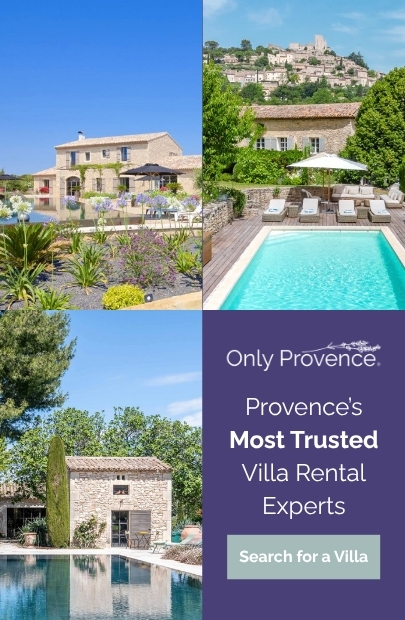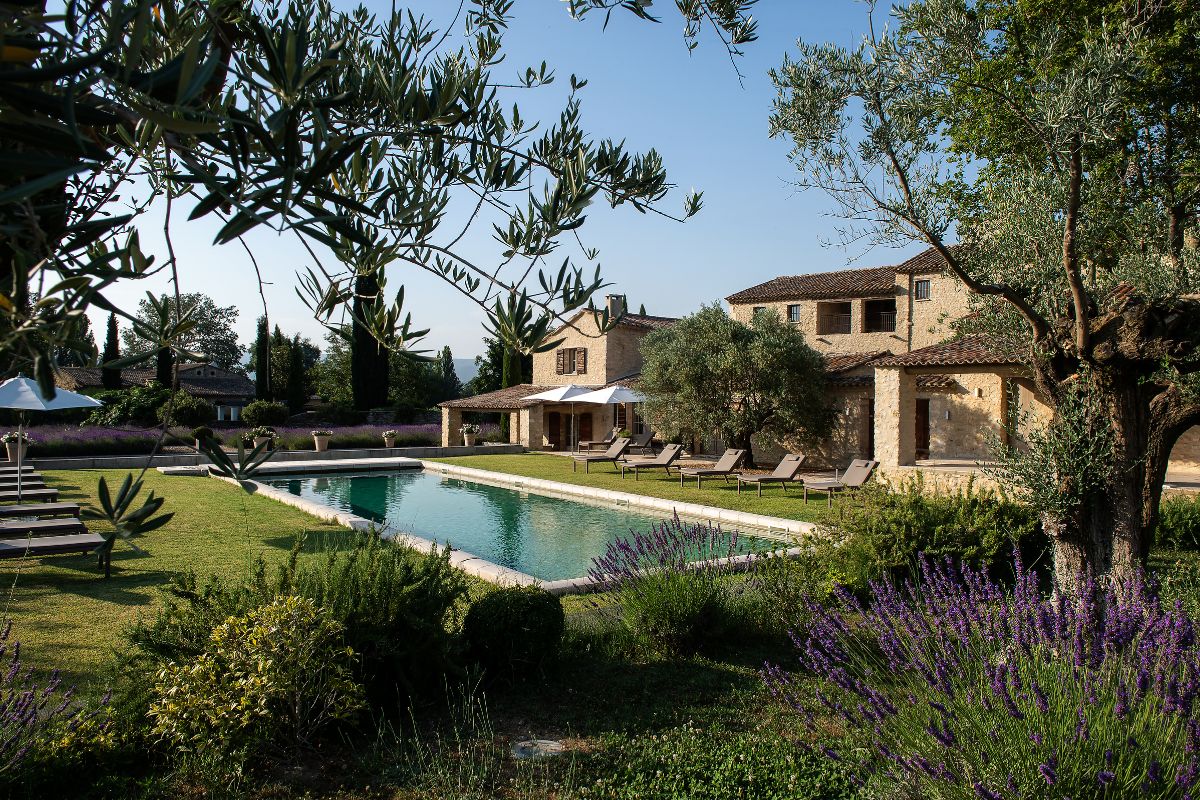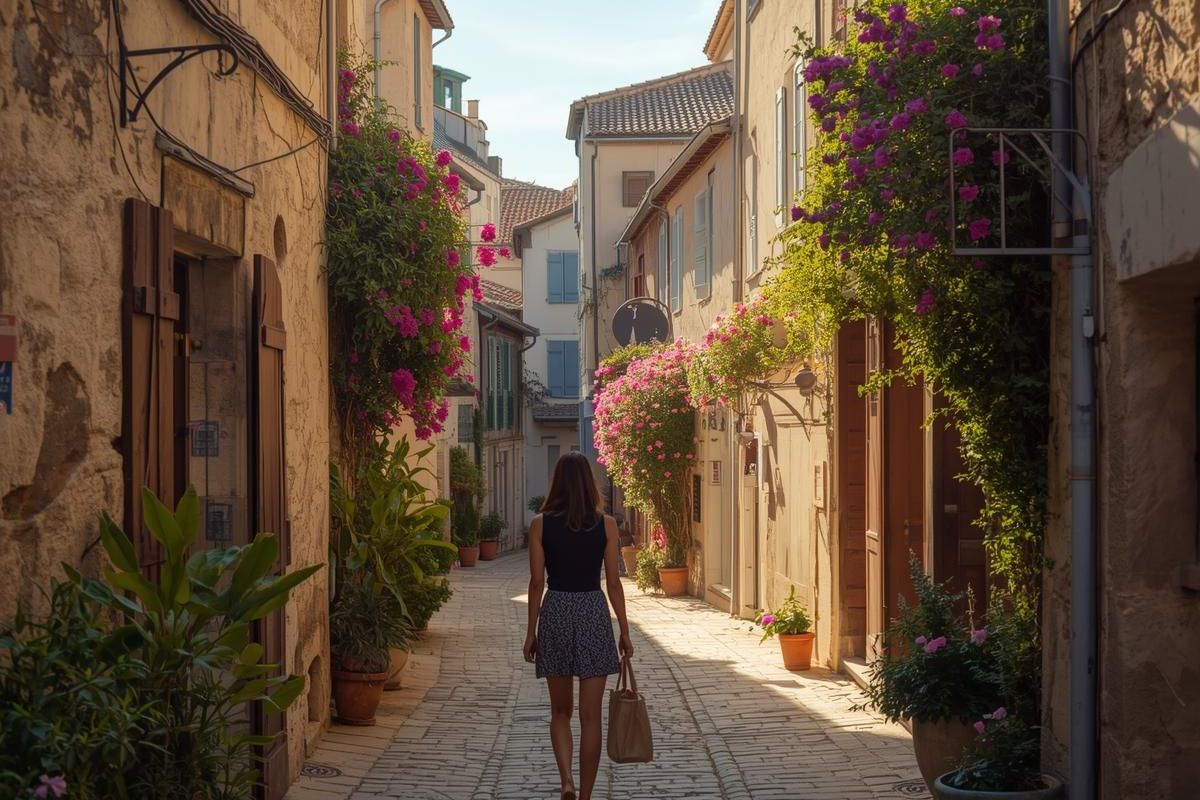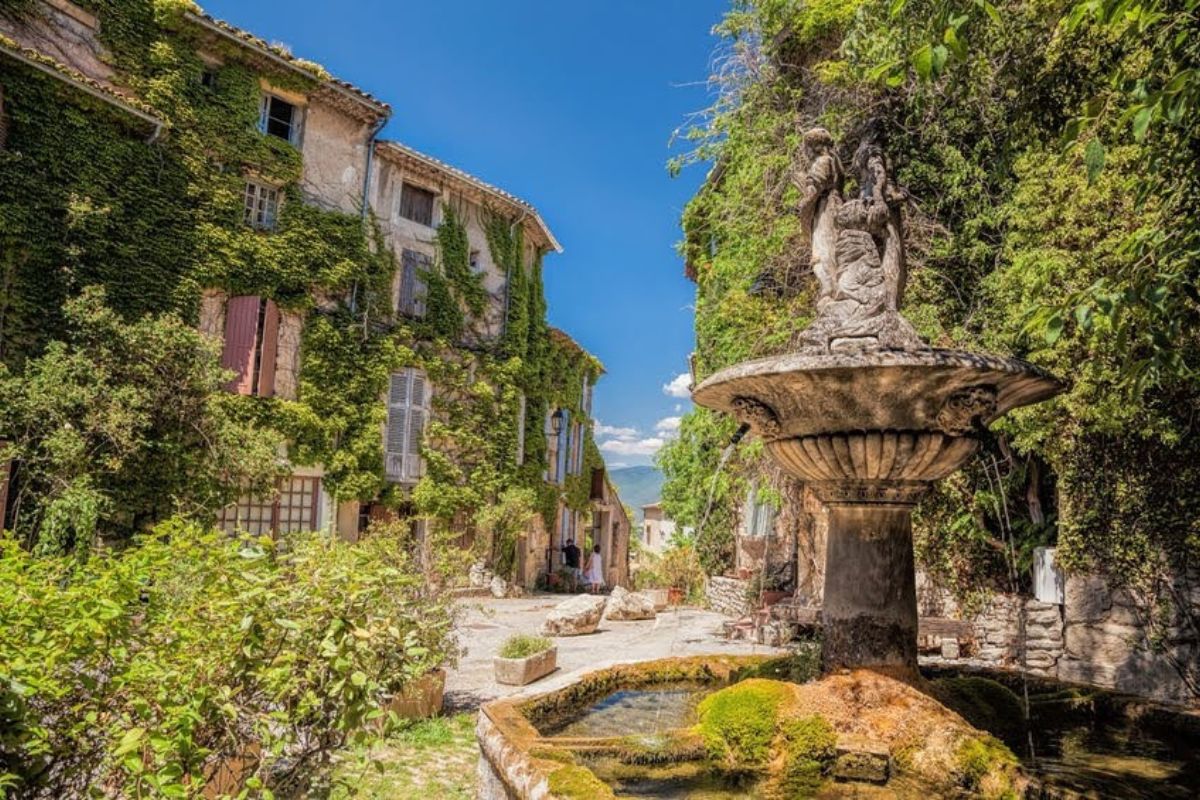
Provence Rosé Tasting: Where to Sip the Region’s Most Iconic Wine
There’s something about a glass of chilled rosé in Provence—it’s more than just a drink, it’s a state of mind.
Pale pink and glistening in the sunlight, it pairs perfectly with long lunches under plane trees, market-fresh salads, and golden-hour views over rolling vineyards.
Provence is the birthplace of rosé, producing wines that are crisp, dry, and impossibly refreshing. Whether you’re a seasoned oenophile or simply looking for the perfect summer sip, exploring the region’s wineries is a journey into the very soul of Provençal living.

The History of Rosé and Its Place in Provence
Rosé isn’t just Provence’s most famous export—it’s part of the region’s identity. In fact, Provence is considered the birthplace of French wine. When the ancient Greeks settled in Massalia (modern-day Marseille) over 2,600 years ago, they brought grapevines and a winemaking tradition that produced pale, lightly colored wines. This style, created before the concept of prolonged skin contact, resembled what we now know as rosé.
Over the centuries, the Romans expanded vineyards across the region, recognizing the ideal climate—hot, dry summers and mild winters—and the influence of the Mediterranean Sea. Local grape varieties such as Grenache, Cinsault, Syrah, and Mourvèdre became the foundation for the crisp, aromatic rosés we know today.
By the Middle Ages, rosé was the wine of choice in Provence, enjoyed by nobility, monks, and farmers alike. Its refreshing character suited the sunny climate and paired effortlessly with the region’s olive oils, herbs, and seafood.
Today, Provence produces more rosé than any other region in France—over 80% of its wine output is pink. Far from being an afterthought, rosé here is made with the same care and craftsmanship as fine reds and whites. It’s a symbol of Provençal living: slow afternoons, long tables shaded by plane trees, and a glass that captures both sunshine and sea breeze.

Our Favorite Producers
- Domaine Sainte Philomène (Coteaux d’Aix‑en‑Provence) – This charming family-owned winery is one of our favorite secret gems. They craft the perfectly blush and elegant rosés blending Grenache, Cinsault, and Cabernet Sauvignon. The “Cuvée Philippine” delights with red berries, citrus, and a touch of minerality—pure Provençal character in a bottle.
- Domaine des Jeanne (Luberon) – Located near Oppède-le-Vieux, this small estate crafts pale, fresh, and aromatic rosés. Their offerings include the 100% Grenache JJ Bulle Rosé—a delightfully pale, sparkling version perfect for aperitifs—and the approachable Rosé Méditerranée, a blend of Syrah and Mourvèdre.
- Château Fontvert – Located near Lourmarin in the Luberon and managed by the Monod family, produces several distinct rosé cuvées. The estate practices organic and biodynamic farming and emphasizes minimal intervention winemaking.
- Château de Mille (Bonnieux/Apt) – Known as the oldest wine estate in the Luberon (with roots tracing back to the 13th century), Château de Mille blends history, architecture, and exceptional winemaking. Their rosés are elegant and expressive, crafted from estate-grown Grenache, Syrah, and Cinsault.
- Domaine de Fontenille (Luberon) – Known for its summer‑fresh rosé notes of strawberry, raspberry, and citrus—light, crisp, and utterly refreshing.
- Château Romanin – Produces elegant, biodynamic rosé wines in the northern foothills of the Alpilles mountains, near Saint-Rémy-de-Provence. The estate is renowned for its commitment to biodynamic viticulture and the expressive, refined character of its wines.
- Domaine de Valdition (Alpilles) – This organic producer offers a delightful rosé blend of Grenache, Cinsault, Vermentino, and Bourboulenc. Expect vine‑peach aromas, citrus freshness, and a sensual delicacy.
- Domaine Hauvette (Saint‑Rémy‑de‑Provence) A biodynamic estate run by Dominique Hauvette, producing small-batch, expressive rosés that are sought after by top Michelin-starred restaurants.
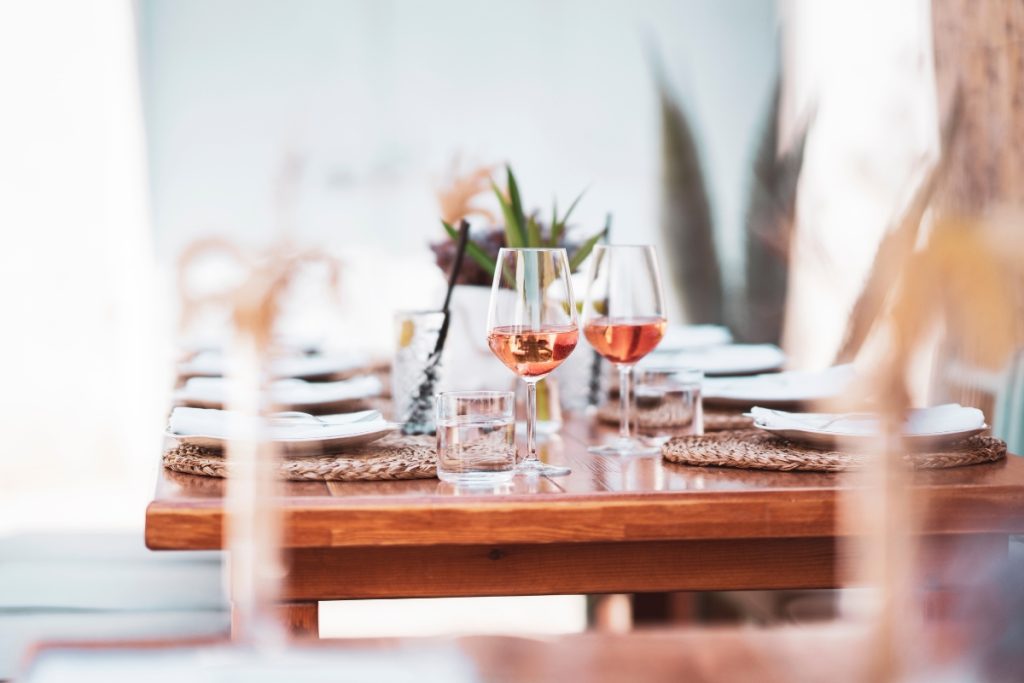
Why These Wineries Are Worth the Visit
- Terroir-driven expressions: Each blend reflects its unique landscape—from Luberon limestone to Alpilles mineral soils.
- Artisanal and sustainable practices: Several follow organic or biodynamic methods, highlighting thoughtful, hands-on winemaking.
- Hidden gems: These estates are lesser-known internationally, making tastings feel more personal and discoveries more rewarding.
Stay in a Villa Surrounded by Vineyards
Imagine ending your tasting day with a short stroll back to your private villa, a bottle from the day’s visit in hand. Many Only Provence villas are located in or near wine country, making it easy to combine luxury living with vineyard exploration.
Ready to raise a glass in Provence?
Contact an Only Provence Villa Rental Specialist to plan your perfect wine-tasting getaway—complete with a villa close to the region’s best rosé estates.

Related Posts You Might Like

13 Unforgettable Villages in the Luberon and the Alpilles
Discover 13 unforgettable destinations across the Luberon and the Alpilles with Only Provence. Explore hilltop villages, vineyards, and natural wonders — and stay in handpicked villas at the heart of Provence’s most beautiful regions. […]
Read More… from 13 Unforgettable Villages in the Luberon and the Alpilles
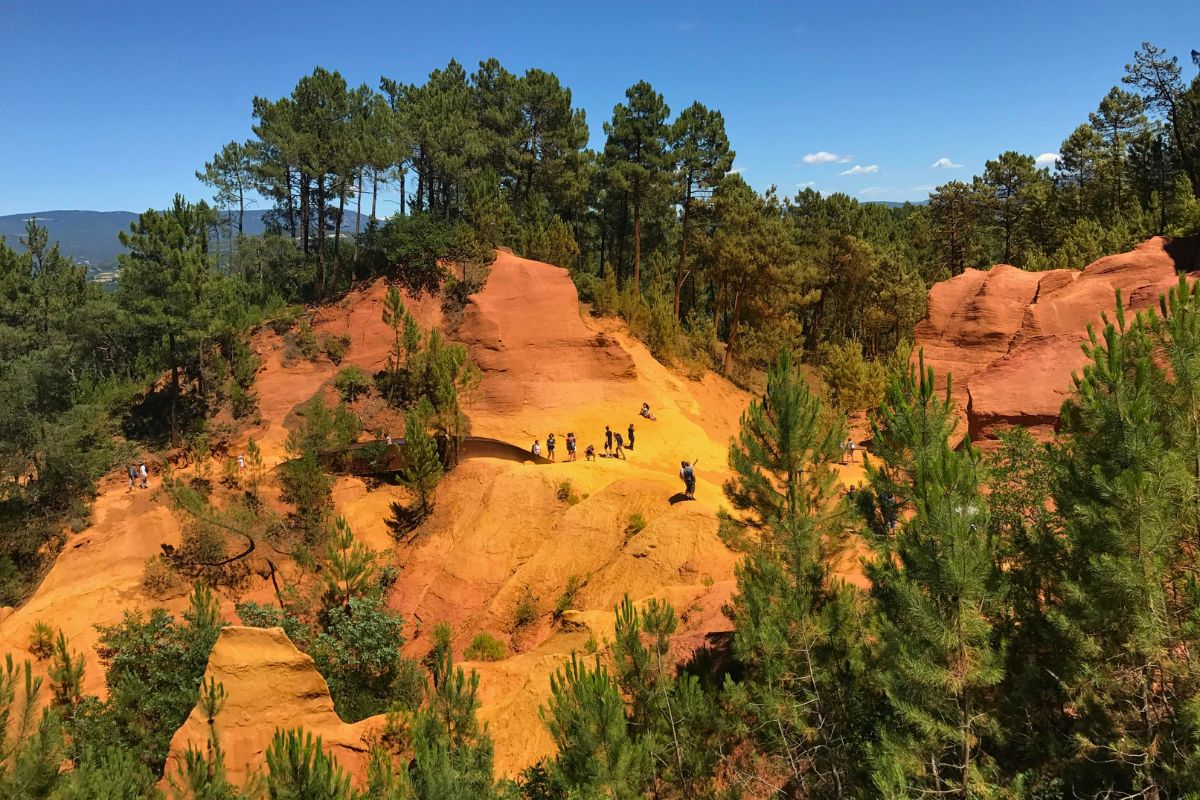
Rustrel, Provence: Discover the Colorado Provençal’s Stunning Ochre Quarries
Explore Rustrel with Only Provence. Walk through vivid ochre canyons, discover the history of Provence’s pigment trade, and stay in luxury villas surrounded by nature and color in the heart of the Luberon. […]
Read More… from Rustrel, Provence: Discover the Colorado Provençal’s Stunning Ochre Quarries

Only Provence Honored with Two Prestigious Awards by Lux Life Magazine
Only Provence wins two 2025 Lux Life Global Excellence Awards, recognized as Best Luxury Villa Rental Specialists in France and for Concierge Excellence. […]
Read More… from Only Provence Honored with Two Prestigious Awards by Lux Life Magazine
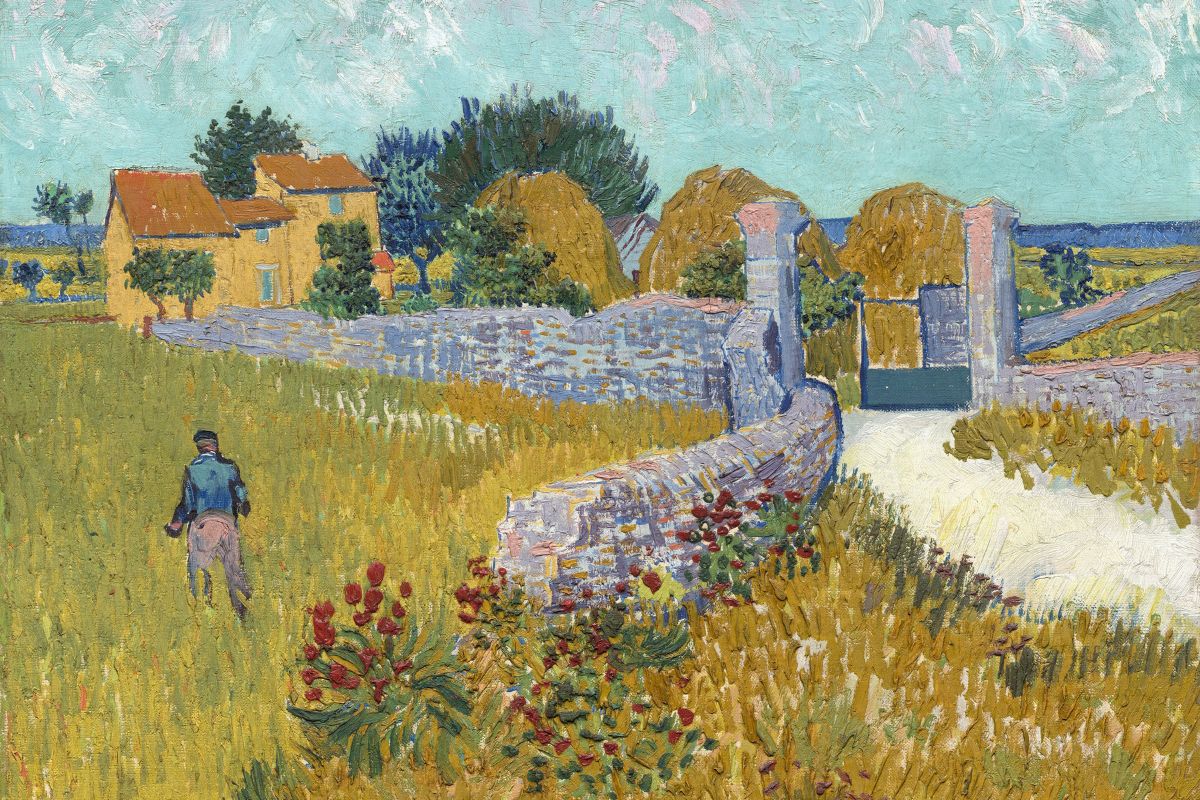
A Van Gogh Tour of Provence: Follow the Painter’s Footsteps Across Arles, Saint-Rémy & Beyond
Follow Vincent van Gogh’s footsteps through Provence—from Arles to Saint-Rémy-de-Provence. Discover the landscapes that inspired The Starry Night and explore museums, trails, and villas that keep his light alive with Only Provence. […]
A distinct collection of luxury villa rentals and real estate for sale in the South of France
- offering all comforts and amenities - pool, housekeeping, and chef services.
© 2026 Only Provence
Contact Us:
- USA: +1 (404) 806-2278
- Europe: +44 (0)2030 965433
- info@Only-Provence.com
Luxury Rental Villas in Provence:
Villages in Provence:


Only Provence co-founder Lydia Dean writes about their experiences raising a family, building a business in Provence, and later combining the love of travel with giving back in "Jumping the Picket Fence”. In 2021, she published “Light Through the Cracks,” a continuation of her journey, much of which has been based in Provence. Both books are available Amazon, Amazon.uk, and Amazon.Fr.

